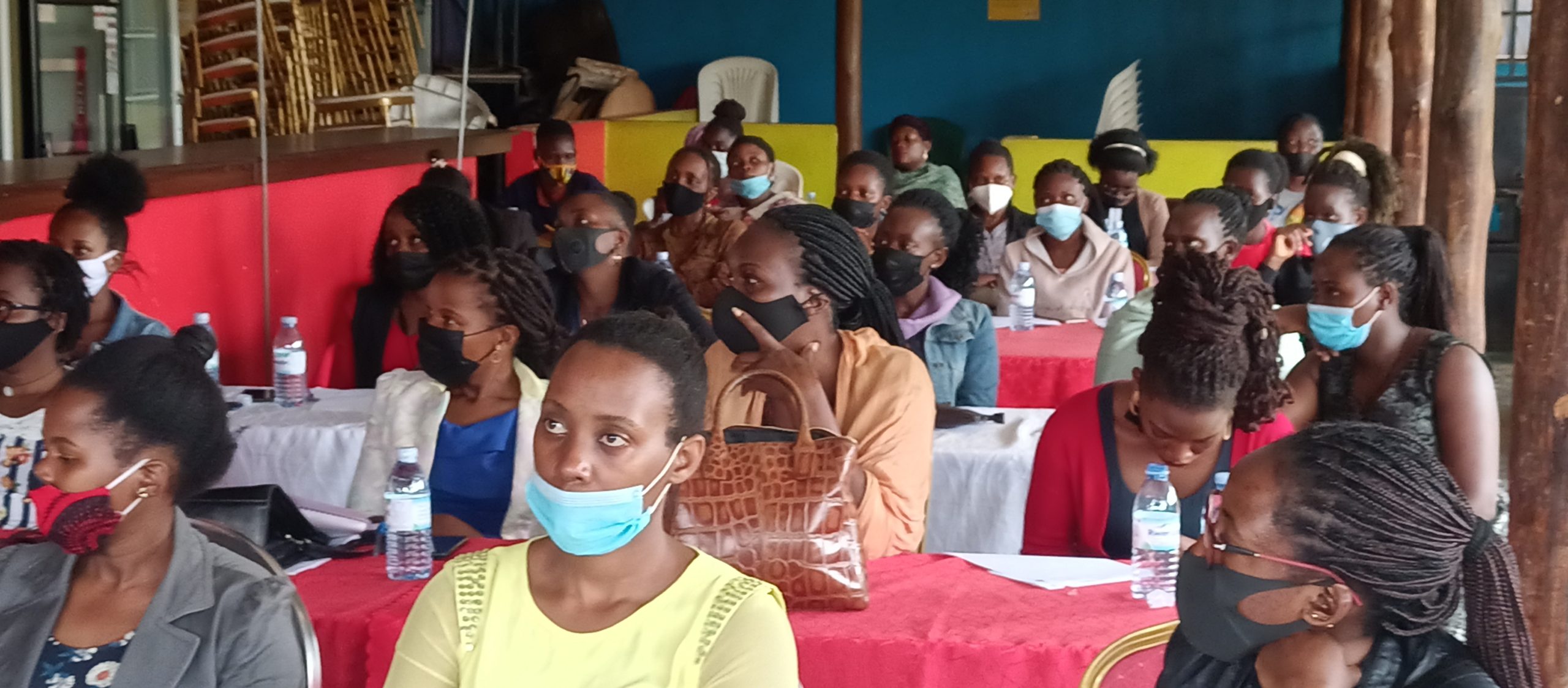The disadvantages and discrimination faced by women severely limits their
ability to lift themselves out of poverty. As a result, women are more likely
to work in informal, low-wage jobs with exploitative and unequal working
conditions, and have restricted access to affordable, quality financial
products and services, like a savings account or small loan. Addressing
discrimination against women sets a path for advancing gender equality.
WEJUNET is empowering women to overcome discrimination and build
better livelihoods, earn more income, and create businesses that provide
jobs and boost local economies. Through this strategy, WEJUNET in
collaboration with a range of stakeholders, have made significant progress
towards women’s economic justice.At the close of 2016 and to mark International Migrant’s Day (18 Dec), IFRC’s Secretary General, Elhadj As Sy, delivered a special message to children, asking them to put aside negative perceptions about people who migrate and instead, welcome them into their communities and treat them with kindness and understanding. Here’s his message:
“International Migrants Day is an important day to think about all the people in the world who have had to leave their homes, including people who left because of wars or disasters, because they no longer had food or water, or because they wanted a better life for their families. Many of them even took dangerous journeys across oceans and deserts to find safety.”
At the close of 2016 and to mark International Migrant’s Day (18 Dec), IFRC’s Secretary General, Elhadj As Sy, delivered a special message to children, asking them to put aside negative perceptions about people who migrate and instead, welcome them into their communities and treat them with kindness and understanding. Here’s his message:
“International Migrants Day is an important day to think about all the people in the world who have had to leave their homes, including people who left because of wars or disasters, because they no longer had food or water, or because they wanted a better life for their families. Many of them even took dangerous journeys across oceans and deserts to find safety.”




